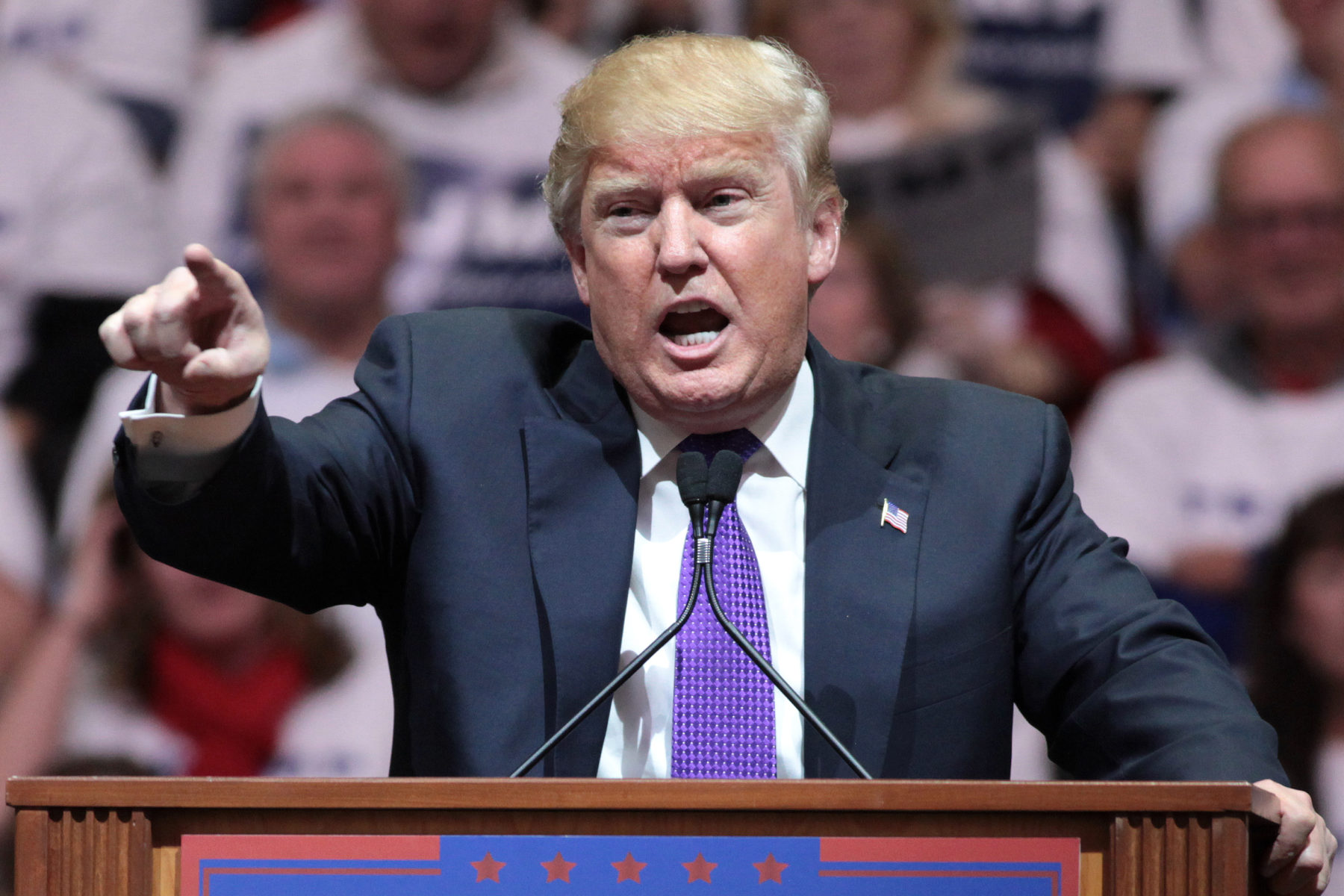China is making good on its commitment to President Donald Trump to apply the death penalty to fentanyl manufacturers.
On November 7, a judge in a city 200 miles south of Beijing sentenced Liu Yong to death for his role in a network that manufactured and smuggled fentanyl. The sentence is deferred for two years, however, which a New York Times reporter suggests could provide the opportunity for the sentence to be adjusted to life in prison.
“The successful outcome of this case, especially the heavy sentences to the main criminals and others, fully demonstrates the position and determination of the Chinese government to severely punish fentanyl-related crimes,” said Yu Haibin, the deputy director of China’s National Narcotics Control Commission, at a news conference, the Times reported.
The Trump administration is taking credit for the harsh sentence. “The concrete action taken by China is a direct result of President Trump’s strong leadership on this issue, and the personal engagement by many members of Congress in communicating our entire government’s commitment to saving American lives,” said White House Office of National Drug Control Policy (ONDCP) Director Jim Carroll. “China’s fentanyl trafficking and production prosecution is a positive step in following through on the pledge secured by President Trump.”
In September 2019, Carroll met with Chinese President Xi Jinping, later telling reporters that he believed President Xi to be “absolutely committed” to “truly eradicating” people who traffic fentanyl. Xi had issued a statement supporting the death penalty for fentanyl sellers in December 2018.
Trump explicitly called for and praised executions in China during a speech in April 2019. “They’re going to make it a major crime. It’s not a crime now. It’s down as an industrial drug. They’re going to charge them with the highest level of crime. In China, unlike in our country, the highest level of crime is very very high. It’s the ultimate, you pay the ultimate price,” Trump grinned. “So I appreciate that very much.”
…..considered to be the worst and most dangerous, addictive and deadly substance of them all. Last year over 77,000 people died from Fentanyl. If China cracks down on this “horror drug,” using the Death Penalty for distributors and pushers, the results will be incredible!
— Donald J. Trump (@realDonaldTrump) December 5, 2018
Just a month before that, in front of an audience of law enforcement officials, the president had said: “If we don’t get tough on the drug dealers, we’re wasting our time. Just remember that. We’re wasting our time. And that toughness includes the death penalty.”
Human rights advocates are appalled by the latest sentence. “We strongly condemn the imposition of this death sentence, especially at a time when even the staunchest supporters of capital punishment are finally shifting away from its use as a drug control mechanism,” Giada Girelli, a human rights analyst for Harm Reduction International, told Filter. “It is sadly clear that this judgment is nothing more than a political message, and that—as all death sentences—it will have no effect on the trafficking of drugs, fentanyl included.”
Even though Deputy Director Yu seemingly endorsed the sentence, he also pointed out the scapegoating of China by the United States—referencing US custom seizures statistics that suggest that the vast majority of fentanyl seized since October 2018 was not arriving from China, as the Times reported. “This data does not support that China is the main source of fentanyl substances in the United States,” said Yu.
The apparent scapegoating follows from a long history of “yellow peril,” or the panic that China and Chinese people are out to destroy the US, as Filter has explored.
The latest politically-motivated death sentence is far from the only drug-related execution happening in China. The number of victims is in the thousands, according to an estimate by Amnesty International, but the exact figures are kept as a state secret.
This flies in the face of United Nations human rights treaties. In a letter urging international governing bodies to denounce Sri Lanka’s revival of drug executions, signed by over 100 human rights organizations, Harm Reduction International Executive Director Naomi Burke-Shyne explained that “Executions for drug offences are prohibited under international human rights law, as drug offences do not meet the threshold of ‘most serious crimes’ to which Article 6.2 of the International Covenant on Civil and Political Rights mandates that capital punishment be restricted.”
What legal experts consider to be gross violations of international human rights law, Trump’s administration apparently considers a human rights victory. In response to Xi’s December 2018 statement, the White House issued a statement describing China’s new policy of applying the “maximum penalty under the law”—death—to fentanyl sellers as a “wonderful humanitarian gesture.”





Show Comments